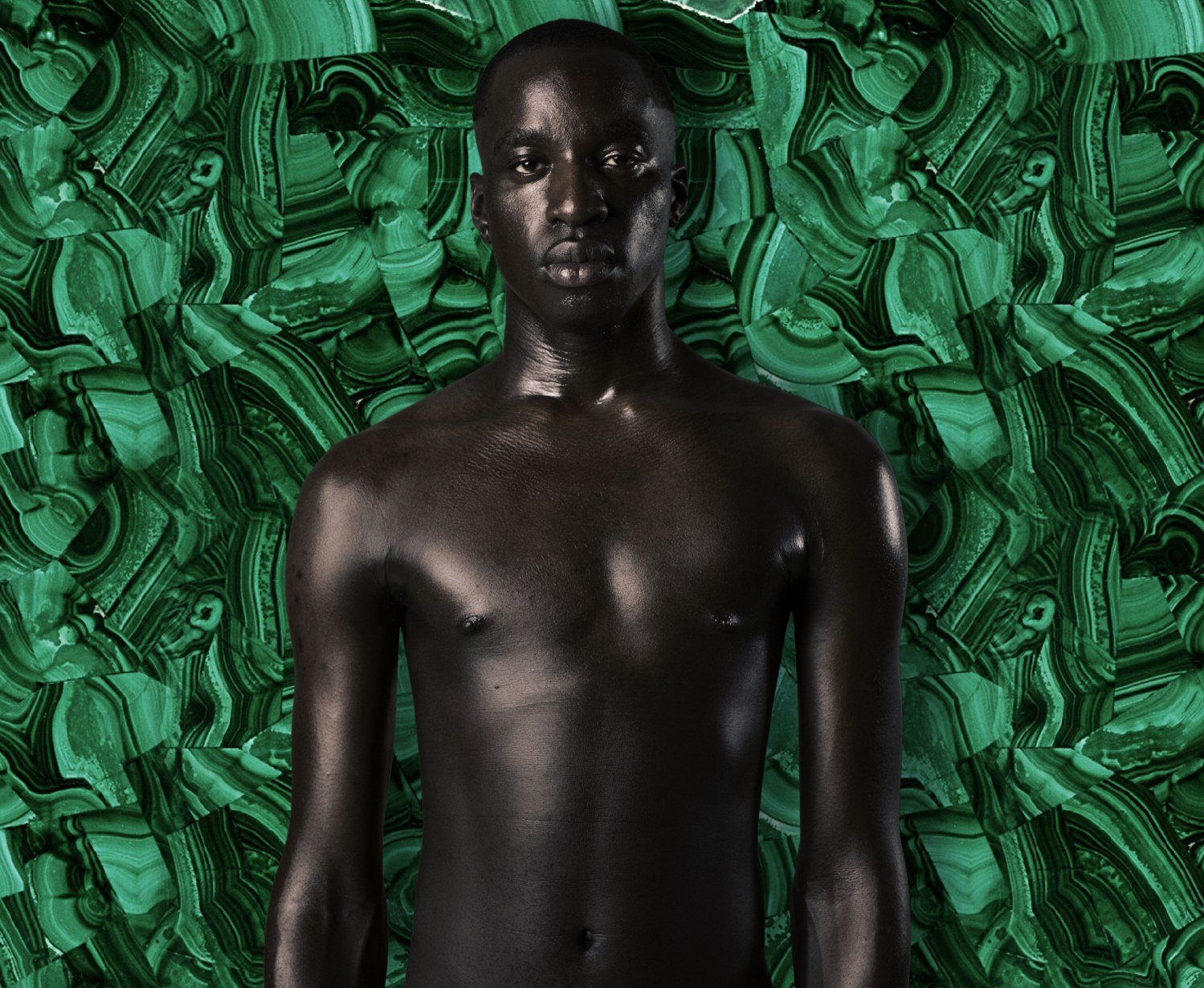Petite Noir

Yannick Ilunga doesn’t dice words when he outlines the message woven through his debut album: “STAY POSITIVE.” Yannick is half-Congolese, half-Angolan and was raised in South Africa. The 24-year-old artist known as Petite Noir still lives part-time in Cape Town, close to his family and his spiritual roots and that culture is immediately evident as it bleeds through his music. La Vie Est Belle / Life Is Beautiful, named after an uplifting 1987 Congolese film, is both a beacon and a...
Yannick Ilunga doesn’t dice words when he outlines the message woven through his debut album: “STAY POSITIVE.” Yannick is half-Congolese, half-Angolan and was raised in South Africa. The 24-year-old artist known as Petite Noir still lives part-time in Cape Town, close to his family and his spiritual roots and that culture is immediately evident as it bleeds through his music. La Vie Est Belle / Life Is Beautiful, named after an uplifting 1987 Congolese film, is both a beacon and a vessel of inspiration, offering empowerment to those who need it. “Everyone goes through difficult experiences. I’m not the only one,” Ilunga begins. “It’s about you when you listen to the album, not me. What are you going through? Then it tells you, ‘It’s going to be OK.'”
Though Petite Noir’s musical background ranges from guitar metal to nu-disco, he has since developed into a confident, future-facing singer and songwriter with a wide palette. He discovered the work of Kanye West around the age of 16, and it quite literally changed his life, showing him the importance of breaking musical boundaries. You can hear that fearlessness: The King of Anxiety blended raw post-punk energy with sunny African rhythms and nuanced R&B touches in early 2015, and now La Vie Est Belle / Life Is Beautiful takes that sound to louder, more defiant places. The reasons are self-evident, it seems. “That’s exactly how I am feeling at the moment,” Ilunga points out. “A lot of things have to be said!” But even as explosive pop songs like “Best” and “Just Breathe” delve into depths of frustration and discontent, they’re underpinned with a restless joy. The combination is at once exhilarating and reassuring.
La Vie Est Belle / Life Is Beautiful represents the first full expression of what Ilunga calls “Noirwave,” which is more of a concept than a specific sound. Inspired by innovators like Mos Def and legends Fela Kuti and Tabu Ley, Noirwave encompasses a “new African aesthetic,” plain and simple. “I think for me, it’s just the story their music tells and the sense of freedom,” he says of his influences. “I can hear the freedom in the music, the mental freedom.” All of which is key to what Petite Noir accomplishes on this, his debut album, expressed with incisive sincerity on “Freedom.” Over gnarled bass synths and a moody dance beat, Ilunga sings in his full-bodied falsetto, “Freedom comes at an expense / Freedom comes when you least expect it.”
This is Petite Noir’s message to the oppressed, and he reflects the ideals with stylistic dexterity, too. Like Congolese-Belgian vocalist Baloji appearing in the album’s slinky, slow-grooving title track to deliver a rap in French; whether you understand the words or not, his lines feel evocative and rousing, and flow seamlessly with Ilunga’s soft-spoken croon. It’s followed by the bubbly, harmonized “MDR”, a rare love song amongst the unrest Petite Noir tackles head on throughout La Vie Est Belle / Life Is Beautiful. And the launch track, “Down”, ties together funky basslines with piano, synth, and high-stepping drums for a late-album anthem. With footage filmed around the streets of Lubumbashi in the Democratic Republic of Congo, “Down” blends unrehearsed imagery and joyful sounds to paint a contemporary portrait of Petite Noir’s Congolese background and his hopes for the country’s future.
Diverse as it all sounds, Noirwave’s declaration of “mental freedom” connects the dots with raw emotion and tenacity. “I’m still very spiritual,” Ilunga concedes. “I feel like I have progressed spiritually, but the more I grow, the harder things become.” He sums up the album however by saying “It’s about seeing the positive in dark times. Seeing God”. His candor is testament to the honesty this album was written with, which fortifies its 10 charismatic tracks with a complex personality. La Vie Est Belle / Life Is Beautiful isn’t just a positive message wrapped in a new African aesthetic, it’s a piece of Petite Noir’s life.